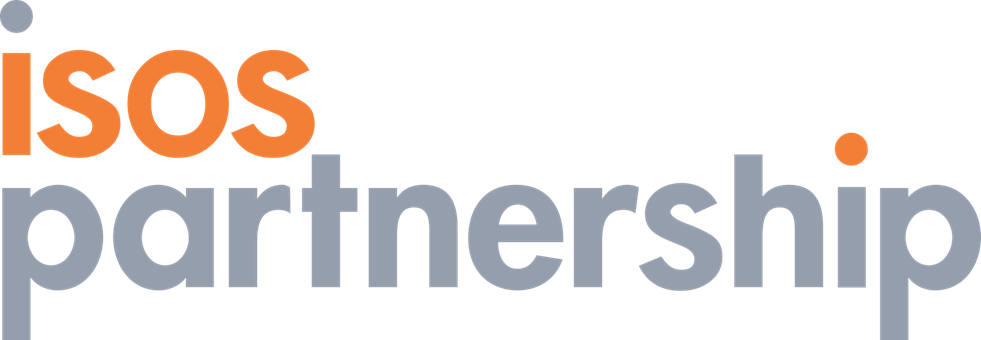Research and evaluation
Evaluation of the National Science Learning Network’s regional programme
‘The report demonstrates clearly the positive impact that the Network is having on teachers, pupils and schools across England. We are delighted with the report.’
— Pauline Hoyle, Associate Director, Myscience
The brief
In the autumn term 2013, Isos Partnership was commissioned by the National Science Learning Network to undertake an evaluation of the Network’s new regional programme. This programme introduced a new model in which regional delivery of science CPD was to be devolved to five regional consortia comprising around 10 science learning partnerships. These partnerships are led by schools and colleges and combine local expertise in teaching and applying science, facilitating CPD, and providing school-to-school support. Isos was asked to evaluate the implementation and impact of these new regional delivery arrangements.
What did we do?
The evaluation commenced in the autumn term of 2013 and finished in the spring term of 2015. We were, therefore, able to work alongside the Network during the first eighteen months of the new regional delivery arrangements. We recognised that this gave us an opportunity to provide not only a summative assessment of impact at the end of the eighteen months, but also rapid, formative feedback throughout this transitional period. For this reason, we approached the evaluation in four phases.
Understanding the establishment and early implementation of the new regional model
Gathering evidence of early delivery by the science learning partnerships
Developing detailed case studies and evaluating impact on teaching and learning
Testing and refining our findings, and developing our final report
In each phase, we undertook in-depth interviews with national, regional and local leaders of the Network, including those leading the SLPs. This meant there were a group of Network leaders whom we engaged on a regular basis throughout the evaluation, which enabled us to track the way the Network was developing over time.
In the final two phases of fieldwork, we also gathered evidence from science leaders and teachers who had accessed CPD from the SLPs of the impact the CPD had made in their classrooms. We triangulated this with data on impact we collected through a short survey of CPD participants and school leaders, and data collected by the Network itself.
During each phase, we provided an interim report detailing our findings to date and setting our formative, practical feedback for members of the Network. In the summer term of 2015, we then drew together the qualitative and quantitative evidence we had gathered and produced a concise yet comprehensive evaluation report showing what the regional programme had delivered, its impact, and key lessons for how the Network could continue to develop.
What difference did we make?
During the course of the evaluation, we produced three interim reports, setting out our findings to date and formative feedback, which we presented to Network leaders. This feedback was then used by the Network, the regional consortia, and the Science Learning Partnerships to reflect on their work and to improve the effectiveness of their partnerships and local CPD delivery. Our final evaluation report provided a clear, objective description of what the regional programme had delivered, the impact it had achieved, and the key success-factors and challenges so as to inform the next phase of the regional programme. The report has been published by the Network and widely disseminated to its members – it can be read here.
What did the client say about our work?
‘Many thanks for this excellent report, which clearly sets out the developments of the Network over the last two years, provides clear evaluation of what has worked, and gives us a clear direction-of-travel for the future development of the Network. The report also demonstrates clearly the positive impact that the Network is having on teachers, pupils and schools across England. We are delighted with the report.’
— Pauline Hoyle, Associate Director, Myscience

